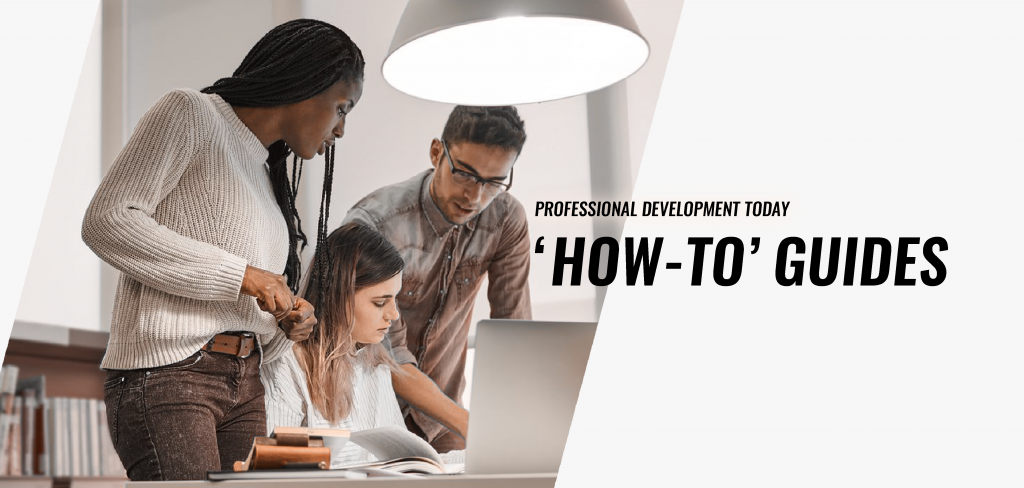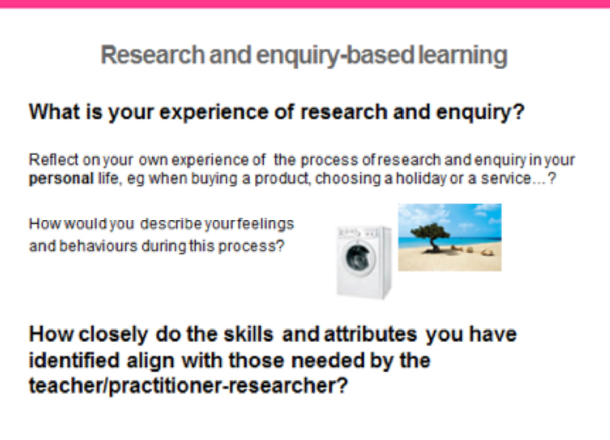
New outlook
Building on our school’s commitment to research and evidence-based practice we found ourselves naturally reflecting on the potential of research as a key driver and enabler for many aspects of the core work of the school. In order to deepen teacher understanding of research and development as a core strategy for school improvement, and thereby embed a culture of research, it has been necessary to establish new roles, processes and systems to secure capacity and capability for research activity.
Within this, the allocation of time and creation of tangible structures have been pivotal in securing commitment and understanding of how research ‘fits with’, and indeed underpins, school improvement. Critically, an investigation of the conditions needed to establish a professional research culture has supported positive, manageable change. The articulation of these conditions into an overarching research strategy has been a key focus, enabling a deeper understanding of how to embed research within and across schools to meet identified priorities.
Establishing a supportive professional research culture
Defining the skills and attributes of the teacher researcher
A starting point…
An exploration of the behaviours and attributes of a researcher provided a useful stimulus for whole team discussion during an Inset session. We undertook an initial session with all of our teaching staff, approximately 35 in total, with an aim to evaluate its success before widening the input to our Teaching Assistants. In view of the fact that we had a large teaching team, comprising staff with a wide range of experience and qualifications, the following activity provided a level playing field for all, prompting full engagement and a lively exchange of experiences!

Through this activity we gained a deeper consideration of the skills and attributes demonstrated both at a personal level and professionally. This was powerful in establishing a shared definition of what it means to be a ‘researcher’ and how our professional competences build on our everyday experiences. It also supported the facilitators in fostering a positive research ethos, encouraging all staff to see themselves as researchers and that research is not purely the jurisdiction of external agencies and universities. As Handscomb and Macbeath have reflected the term ‘research’ can have unfortunate connotations of white-coated boffins in laboratories, and unread impenetrable articles in esoteric journals. “The experience of teachers working in schools that are committed to research is in sharp contrast to this stereotype. In these schools research covers the widest gamut of activities, rooted in the day-to-day life of the classroom and the ongoing business of the school itself and its relationship with the community.’ (Handscomb and MacBeath, 2003)